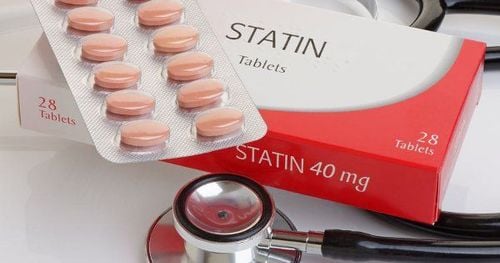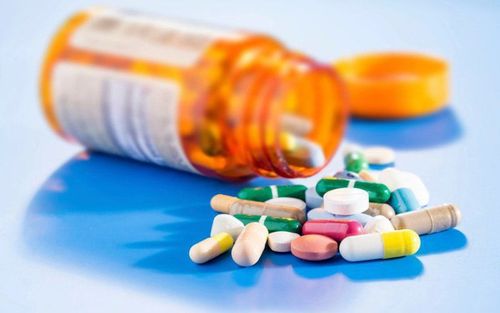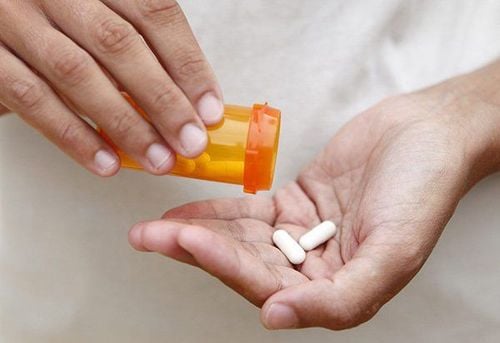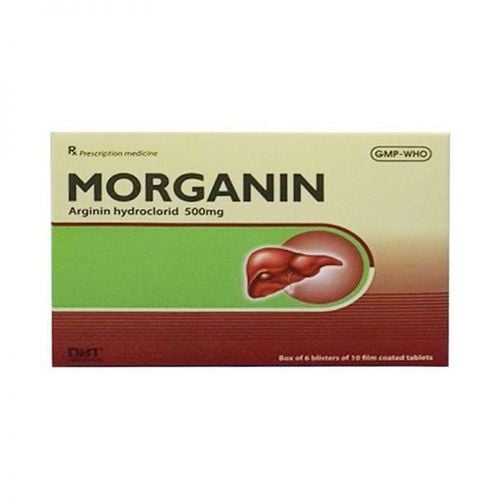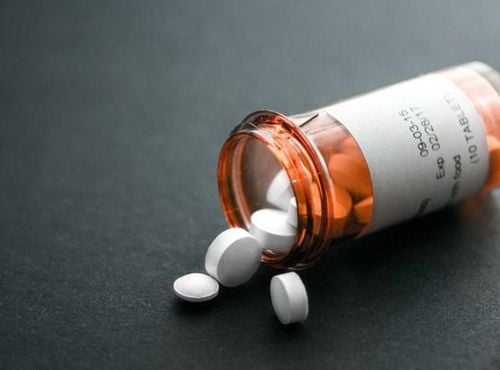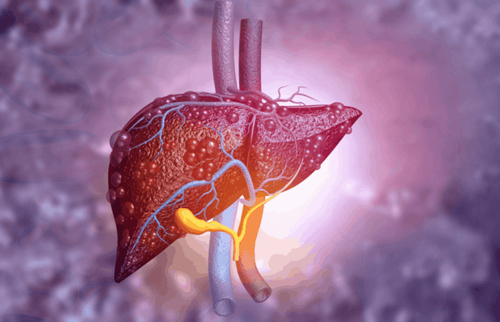This is an automatically translated article.
Cirrhosis ascites is the final stage of cirrhosis. In order for the treatment of cirrhosis to be more effective, patients need to pay attention to the foods that should not be eaten and the proper nutrition to enhance liver function.
1. Cirrhosis ascites should eat what?
Specifically, people with cirrhosis should eat the following foods:
1.1 Foods rich in protein
These foods are essential for people with cirrhosis. On average, an adult should consume 1g of protein per day. Note, should choose foods rich in plant-based protein such as cereals, nuts, milk, ... instead of using foods rich in animal protein.
1.2 Foods rich in vitamins
People with cirrhosis need to be supplemented with essential vitamins and minerals for the body. In particular, vegetables and fruits are the best sources of vitamins and minerals to help strengthen and restore liver function.

Thực phẩm chứa vitamin có lợi cho người xơ gan cổ trướng
1.3 Foods that contain enough fiber
Fiber is essential for enhancing the liver's detoxification function, while helping the liver remove toxins from the body and balance the nutrients needed for the body. However, patients should also note that only eating the necessary amount of fiber according to the doctor's advice, should not eat too much fiber to limit the functioning of the liver.
1.4 Beta-carotene rich foods
Beta-carotene contains a lot of carrots, has a strong antioxidant effect. This substance has a protective effect on the liver against liver diseases and removes free radicals from the body.
1.5 Foods rich in Omega-3 Fatty Acids
Sardines, salmon, mackerel and tuna are foods rich in omega-3s. These foods are good for the digestive system, thereby limiting the activity of the liver. This is also one of the substances, which doctors recommend to be supplemented in the daily diet of people with cirrhosis.
Most people with advanced liver disease should eat several small meals a day, especially when anorexia is present and eating less. Patients can eat 6-8 small meals a day and have a light meal containing less protein and carbohydrates (complex sugars) such as rice, noodles, vermicelli, potatoes... before going to bed. Remember not to skip meals for more than 7-8 hours.

Omega-3 trong cá hồi rất tốt cho hệ tiêu hóa
2. What should abstain from cirrhosis of the liver?
2.1 Absolutely abstain from alcohol
If a patient with cirrhosis uses alcohol, all efforts to treat the disease are pointless; Even when people with cirrhosis use alcohol, it can cause very dangerous complications for the body.
1.2 Abstain from hot spicy food, and fast food
These foods often contain chemicals that more or less affect the liver. Therefore, patients need to stay away from these foods.
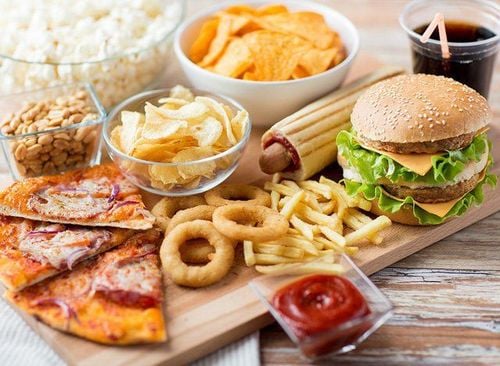
Đồ ăn nhanh được liệt vào danh sách những thực phẩm nên tránh xa đối với bệnh nhân xơ gan cổ trướng
1.3 Limit fried foods
Fatty foods, chicken, lamb, avoid eating foods that are difficult to digest, causing the liver to work and work more. In addition, these indigestible foods also easily generate heat, leading to liver heat. This is a difficult thing in the process of recovering a cirrhosis of the liver.
1.4 Do not eat salty food
People with cirrhosis in the end stage, especially those with cirrhosis and ascites with signs of edema, bloating, need to limit drinking water, eat light meals to limit the amount of sodium absorbed into the body. .
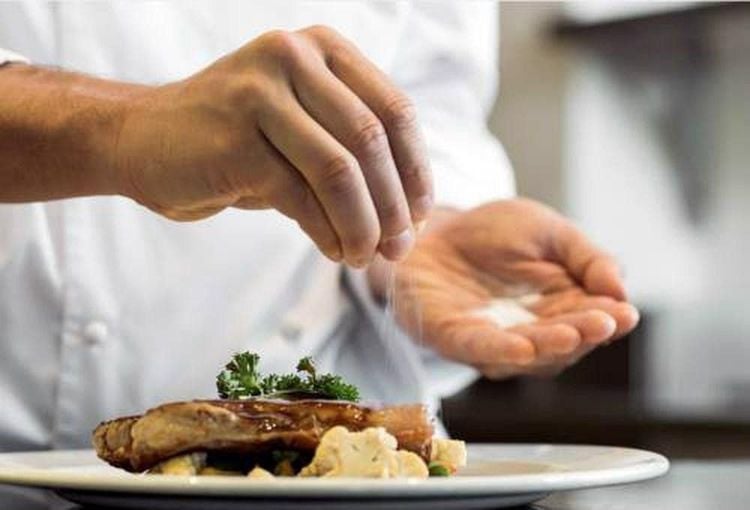
Bệnh nhân xơ gan cổ trướng nên hạn chế ăn mặn
1.5 Do not abuse drugs
Drug abuse is also a cause of cirrhosis. Therefore, it is necessary to use drugs as prescribed by the doctor, do not arbitrarily use Eastern and Western medicines, especially those that are harmful to the liver.
In addition, the patient should also abstain from smoking or other stimulants to keep the body healthy, creating a premise for effective treatment.
Diet for people with cirrhosis and ascites is very important because it can affect the effectiveness of treatment as well as directly affect the patient's condition.
Any questions that need to be answered by a specialist doctor as well as customers wishing to be examined and treated at Vinmec International General Hospital, you can contact Vinmec Health System nationwide or register online HERE.
READ MORE
Why is cirrhosis of the liver ascites common in people who drink alcohol? Is cirrhosis of the liver contagious? How dangerous is decompensated cirrhosis?




